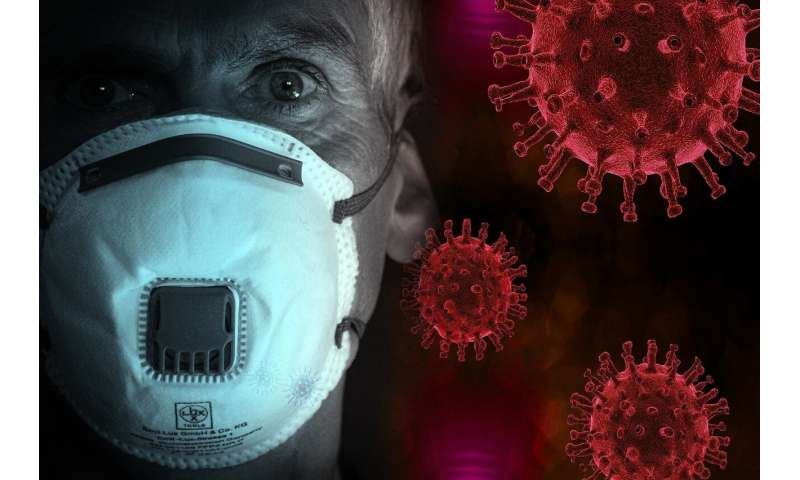
– A University of Sheffield-led research program finds Local Authorities and the Voluntary and Community Sector are best placed to support the response to the COVID-19 crisis locally
- Mobilizing Volunteers Effectively found local initiatives are best placed to identify and mobilize volunteers
- Thousands of members of the public have volunteered, helping their neighbors to stay fed, safe and connected
- These volunteers will continue to play a central role during the festive period and into next year, as the socio-economic fallout of the pandemic continues to take hold
During the first national lockdown of the COVID-19 pandemic earlier this year, and subsequent social restrictions, thousands of volunteers provided a vital lifeline for many vulnerable people throughout an unprecedented time of anxiety and social restrictions.
Despite the launch of a new vaccination program providing hope that the country is nearing the ‘beginning of the end’ of the health crisis, researchers from the Mobilizing Volunteers Effectively (MoVE) project, warn that the socio-economic fallout from COVID-19 means that for many, the crisis is far from over, and that volunteers will continue to be one of many valuable assets needed during the challenging months ahead.
Dr. Erica Ballantyne, co-investigator on the MoVE project from the University of Sheffield, said: “Providing access to food was identified as one of the first challenges in the early stages of the pandemic, which created demand for volunteers to aid the supply and distribution of essential food parcels, medication, other essential supplies and even befriending services for those socially isolated as a result of the pandemic.
“Whilst this demand has reduced, the longer-term issue of food poverty remains, which places increased pressure on the voluntary sector, particularly local food banks, who are called upon to provide continued support.”
Dr. Jon Burchell, Principal Investigator for the project from the University of Sheffield, said: “Whilst the rollout of vaccinations will hopefully lead to a gradual reduction in social restrictions, and thus a return to ‘normal’ for many, longer-term challenges, namely mental health and food poverty, have been exacerbated and show no signs of abating.
“The new year and the likely continuation of localized social restrictions, volunteers—both formal and informal—will continue to play a critical role in supporting our communities.”
The third report of the MoVE project examined how local authorities (LAs) and their voluntary and community sector (VCS) partners worked together to identify and support those in need, reflecting on what can be learnt for the future as the crisis continues into 2021.
The research found that the national volunteering schemes that ran during the first lockdown (e.g. the NHS Volunteer Responders and Ready Scotland) may not have been the best way to achieve this.
LAs and the VCS organizations who participated in the study expressed frustration that they could not access these volunteers due to a lack of data sharing, and a general feeling that the resources channeled into these centralized platforms could have been more effectively utilized in supporting local responses.
Dr. Erica Ballantyne, said: “Our research highlighted that a centralized service may not be able to understand and reflect the unique needs, assets and resources of different communities. This requires a flexible approach that links with local knowledge and infrastructure.
“The new report offers important insights around the value of informal, local volunteer responses and the principles of mutuality and reciprocity which underpin the most effective volunteering initiatives. Those organized by residents that lived in their community and were able to identify the appropriate responses for their community, whether that came from a good neighbor, a volunteer, or a VCS or LA service.”
The findings are all the more significant, as it follows the recent publication of a UK Parliamentary report by Daniel Kruger MP: Leveling up our communities: proposals for a new social covenant commissioned by the Prime Minister.
This ‘sets out a vision for a more local, more human, less bureaucratic, less centralized society’, yet it continues to focus upon more centralized approaches to volunteering, encouraging all NHS Responders to sign up for a Volunteer Passport and carrying out a national communications campaign.
Volunteer-led community level responses will remain invaluable through the winter months, especially as social restrictions continue and the longer-term challenges of food poverty and social isolation remain. Meeting the needs of these groups will be all the more challenging given the crisis that the VCS is facing.
Source: Read Full Article
